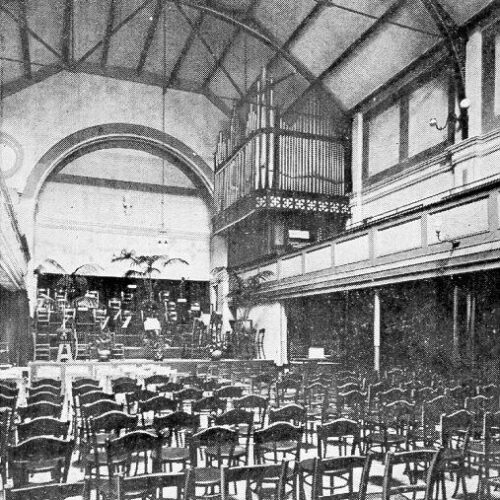

Founded in 1905 by the prolific but largely unremembered writer Richard Dimsdale Stocker, the Brighton and Hove Ethical Society – like others in the Ethical movement – sought to encourage its members ‘by natural and human means to know, love, and live the right.’ They described theirs as a ‘religion of duty,’ but one that existed entirely separately from ‘speculative beliefs or supernaturalistic theories.’
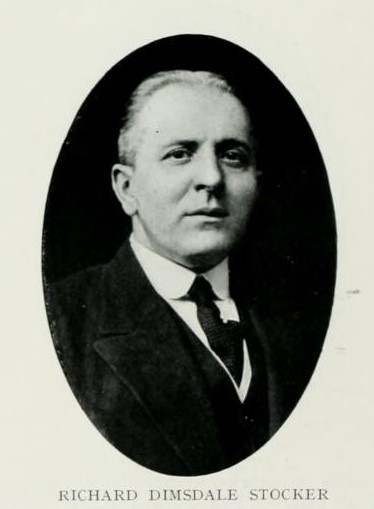
The Brighton and Hove Ethical Society was officially formed on 30 April 1905, by Richard Dimsdale Stocker and a small group of like minded friends. George Jacob Holyoake was also instrumental in encouraging members to the group, which met first in a private house, and later in a small room at the Brighton School of Music on North Street. The society held Sunday meetings throughout the year, and organised summer outings. Their Secretary, a Miss Palmer, was the daughter of a former member at South Place (now Conway Hall).
The Society’s objects were:
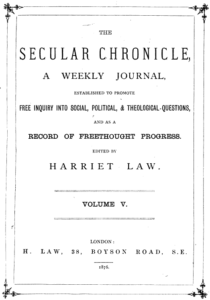
Harriet Law was a secularist and speaker, who also promoted women’s rights and socialist ideals. During the 1870s, Law’s house […]
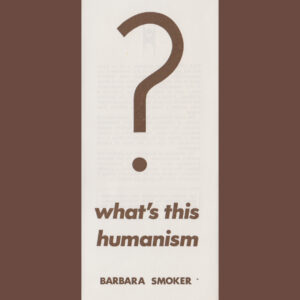
The principles of humanism are positive and exacting commitments. People do not become Humanists merely on rejecting supernatural beliefs. But […]
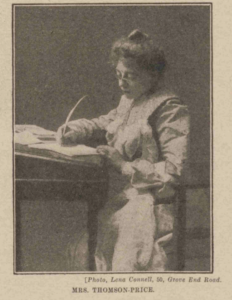
We hold that only by making happiness for those around us, and by endeavoring, individually, to make the world a […]
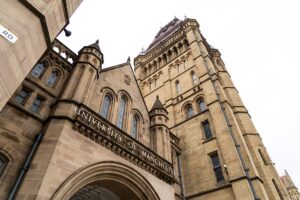
Object: to provide an ‘open forum’ for the fearless consideration of modern problems relating to ethics, sociology, education, political theory, […]